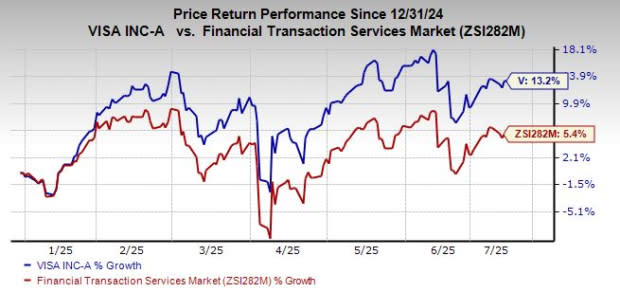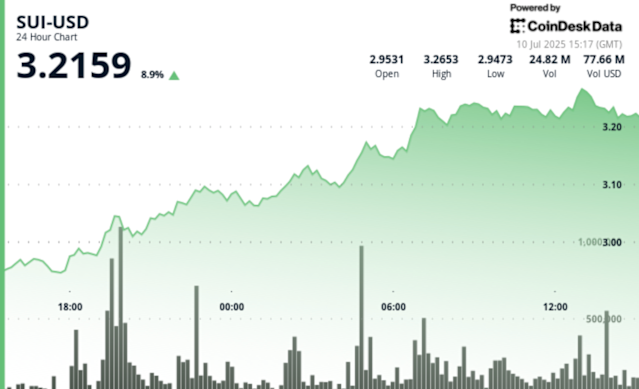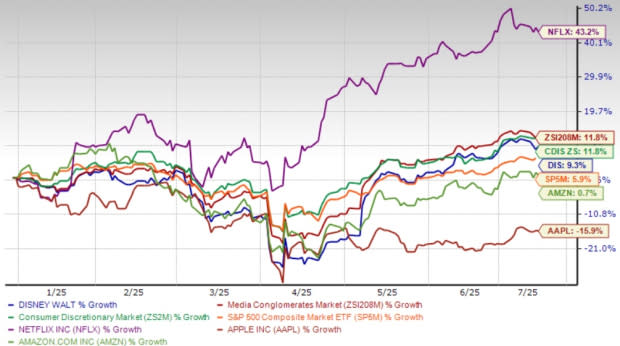
The payments industry is undergoing a tectonic shift—and no one can afford to ignore it.
As margins shrink and tech demands rise, consolidation has become the name of the game. Banks, processors, software giants, and payment gateways are all scrambling to future-proof their businesses. The goal? As PwC explains, bigger scale, tighter integration, and deeper customer relationships. If you’re not moving, you’re falling behind.
Acquirers on the hunt: Why scale is a survival strategy
Merchant acquiring is right at the heart of this consolidation wave—and the stakes are getting higher by the quarter. Look no further than Worldline, which has been snapping up regional players like Axepta Italy and Eurobank Merchant Acquiring to extend its European footprint. These aren’t just vanity acquisitions; they’re strategic power plays that lower unit costs on essentials like KYC/AML compliance, fraud mitigation, and network integration.
Why it matters: In today’s margin-compressed environment, scale isn’t just a benefit—it’s a lifeline. PwC has even warned that processors commanding “super majority” volumes may lose their edge unless they evolve beyond price competition and start offering bundled, end-to-end solutions that add real value.
Translation? Mid-size regional gateways with strong merchant relationships are sitting ducks for acquisition. If they can’t grow, they’ll get bought—or left behind.
Software giants embed payments—and tighten their grip
The line between software and payments is disappearing fast. Shopify, QuickBooks, and Salesforce have all embedded payments into their platforms. As one expert points out, Stripe is leading the charge, treating payments as just one feature in a much bigger merchant toolkit.
And PayPal’s move to acquire iZettle helped it break out of the browser and into the real world of small businesses and POS terminals.
This isn’t just feature creep—it’s a takeover strategy.
By owning the payment flow, these platforms become stickier, smarter, and more indispensable to their users. It also helps merchants simplify vendor management and get more out of their software investments.
Why it matters: Payment capabilities are becoming table stakes for platforms. That means smaller, standalone gateways that can’t integrate or offer added-value services like fraud detection, reconciliation, or analytics are at risk. They’ll either partner up, sell out, or get boxed out.
Banks are getting bold: Turning payments into profit
Banks have historically viewed payments as plumbing—necessary but not exactly glamorous. That’s changing fast. According to PwC, forward-thinking banks now see payments as a revenue driver and a powerful way to keep customers engaged across multiple channels.
Story ContinuesBy acquiring or building their own merchant acquiring arms, banks are taking control of the entire transaction lifecycle. Imagine a local bank offering a card terminal to a small café—and then layering on rewards programmes, business loans, and data analytics. Suddenly, payments aren’t a cost—they’re a customer touchpoint and cross-sell engine.
Why it matters: Banks are turning themselves into two-sided ecosystems. They own the data. They own the rails. Now, they want to own the merchant relationship too. That spells opportunity for small acquirers with local roots—and serious competition for traditional processors.
What comes next: Watch these hot zones
The winners in this new landscape will be those who combine size with smarts. It’s not just about being bigger. It’s about being better connected, more innovative, and ruthlessly efficient.
Here’s where to keep your eyes:
-
Mid-tier PSPs and regional acquirers: Prime takeover targets or consolidation catalysts.
-
Software platforms acquiring gateways: To keep control of payments and deepen user engagement.
-
Banks building or buying merchant services: To turn a cost centre into a growth engine.
But let’s not pretend this is without risk. When big players dominate, innovation can take a back seat. Regulators will be watching—and so will merchants who don’t want to be locked into closed ecosystems.
Still, the direction is clear: strategic consolidation offers a way to cut costs, unlock new revenue streams, and respond to merchants’ demand for simplified, seamless solutions. Those who adapt will lead the next era of payments. Those who don’t? They’ll be left behind.
Roger Alexander serves as a key advisor to Chargebacks911’s Advisory Board and its CEO, Monica Eaton, assisting the company with its expansion initiatives
"The great payments shake-up: Why consolidation Is reshaping everything" was originally created and published by Electronic Payments International, a GlobalData owned brand.
The information on this site has been included in good faith for general informational purposes only. It is not intended to amount to advice on which you should rely, and we give no representation, warranty or guarantee, whether express or implied as to its accuracy or completeness. You must obtain professional or specialist advice before taking, or refraining from, any action on the basis of the content on our site.













